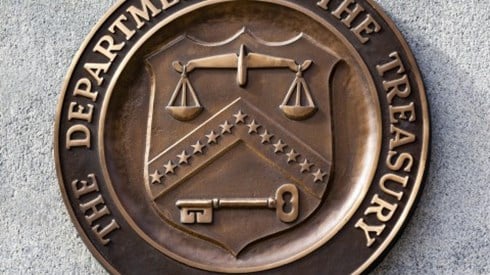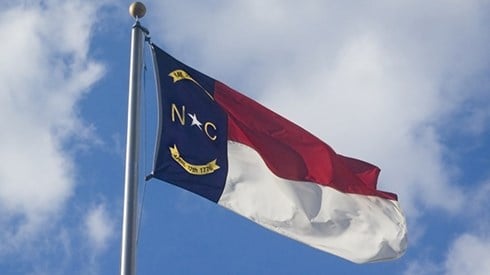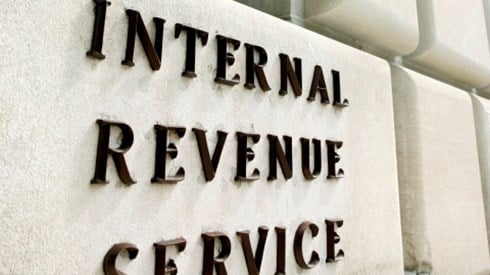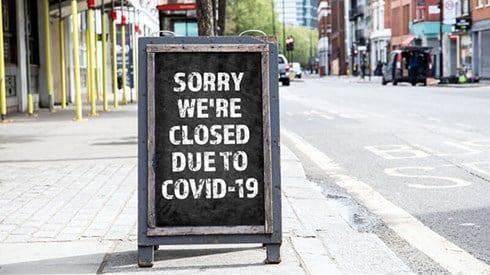Micro-Captives Missing from this Year's IRS "Dirty Dozen" List
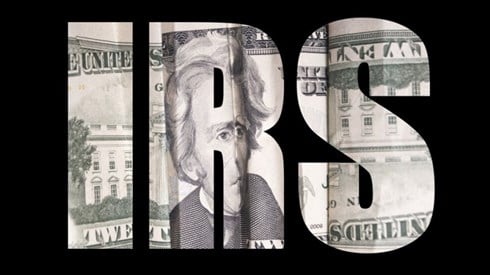
July 20, 2020

Micro-captives are not included in this year's Internal Revenue Service (IRS) "Dirty Dozen" list of "tax scams," though an IRS statement suggests the agency will continue monitoring the small captive insurance companies.
It is the first time in 5 years that the IRS did not include micro-captives on its annual list.
In its statement, the IRS says that this year's Dirty Dozen list "focuses on scams that target taxpayers."
"Tax scams tend to rise during tax season or during times of crisis, and scam artists are using the pandemic to try stealing money and information from honest taxpayers," IRS Commissioner Chuck Rettig said in the statement. "The IRS provides the Dirty Dozen list to help raise awareness about common scams that fraudsters use to target people."
So-called micro-captives, small captive insurance companies that elect to be taxed under Section 831(b) of the Internal Revenue Code, which allows small insurance companies to be taxed only on their investment income, have been the target of IRS scrutiny in recent years. That scrutiny has included micro-captives' annual representation on the Dirty Dozen list the past several years as potentially abusive transactions, according to the IRS.
The IRS has won several tax cases against such small captive insurance companies, though many in the industry including some domicile organizations have suggested the federal tax agency has gone overboard in its scrutiny.
In a June letter from the Self-Insurance Institute of America (SIIA) to US Treasury Secretary Steven Mnuchin and Russell Vought, acting director of the Office of Management and Budget, the organization suggested that the IRS shouldn't treat such captives as "guilty before proven innocent."
"An upcoming series of press releases will emphasize the illegal schemes and techniques businesses and individuals use to avoid paying their lawful tax liability," the IRS said in this year's Dirty Dozen announcement. "Topics will include such scams as abusive micro-captives and fraudulent conservation easements."
This year's Dirty Dozen list includes phishing, fake charities, threatening IRS impersonation scams, social media scams, Economic Impact Payment or tax refund theft, senior fraud, scams targeting non-English speakers, unscrupulous tax return preparers, Offer in Compromise mills exaggerating chances to settle tax debts, fake tax payment and repayment demands, payroll and human resources scams, and ransomware.
July 20, 2020
